Fourteen years into being a couples therapist, 50 years into learning about relationships, and I still struggle sometimes when it comes to communicating needs and managing reactivity. I have good days and bad days. We all do. Even if you’re steeped in mindfulness practices, communication skills, and the latest research and theories on healthy interdependence, a bad day can still blindside you.
For example, a few days ago, as I was making myself coffee, my husband came downstairs into the kitchen and said, “I’m going for a walk.”
“You’re going for a walk?” I accused him. “And what about me? How come you never ask me to come with you?”

I was doing exactly what I coach the couples I work with to watch out for, when they communicate. I was using the word “never,” a sure sign that you’re globalizing (spoiler alert: so is “always). I was also believing one of my own negative stories about my husband: He doesn’t appreciate me. He’d rather spend time alone.
And I was also projecting: In fact, it was me, not him, who never asked him to go for a walk. And I was criticizing him rather than owning my own feeling of my loneliness and need for connection.

So when we do inevitably fall short of our own relational aspirations, can we acknowledge what happened? Resist beating ourselves up? Start the moment again fresh? Receive our partner’s bid for connection or reconnection? Take ownership? When we have bad moments, there are things we can do. We can accept that they happen, repair them as quickly as possible, and let the moments go.
Knowing what to do in a relationship theoretically and actually doing it are entirely different things. Which is part of what makes loving a significant other endlessly challenging, and endlessly enlightening, too.







